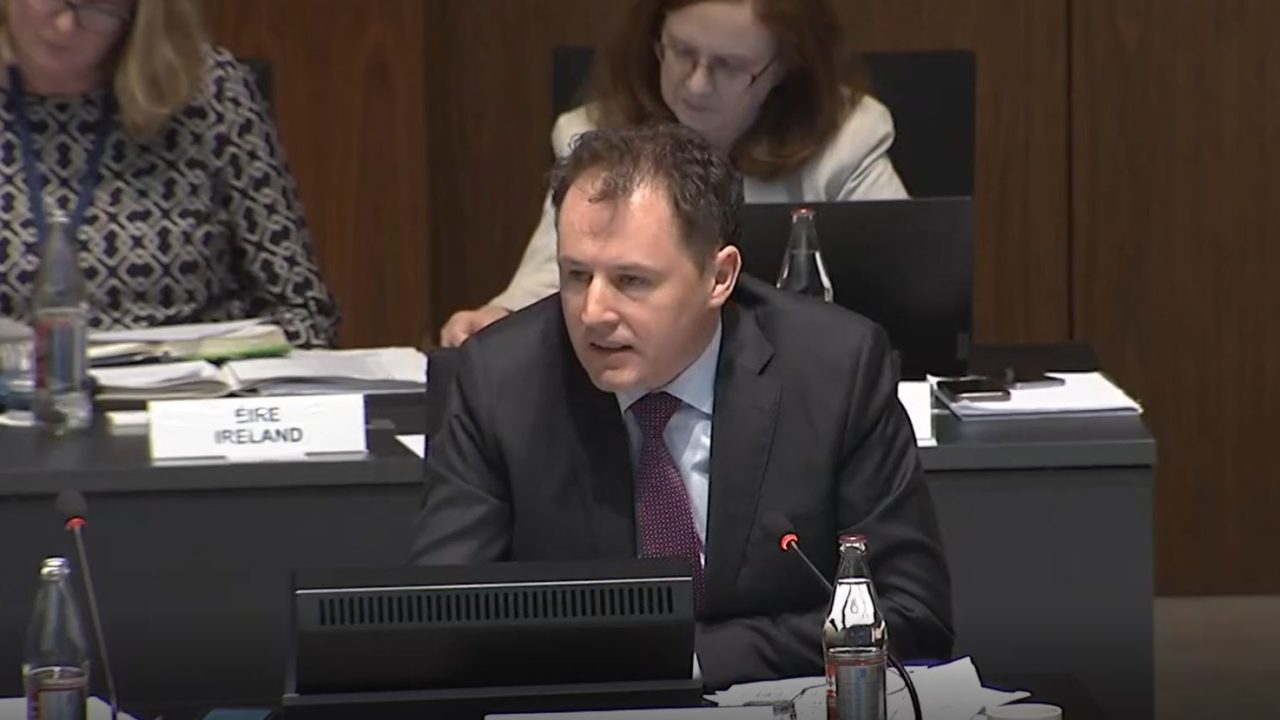Minister for Agriculture, Food and the Marine Charlie McConalogue has called on the EU to consider removing import and anti-dumping duties on fertiliser imports.
Speaking at a council of EU agriculture ministers last week, the minister said: “The current situation we’re facing has given rise to particular challenges in relation to the import of feed and fertiliser.”
For that reason, he said, the EU should be working to secure fertiliser, particularly in light of the situation in Ukraine.
“Ireland remains seriously concerned about fertiliser availability and cost.
“In this regard, as we seek to secure alternative sources of supply, we should consider, in the short term, the elimination of import duties and, as appropriate, anti-dumping duties on fertiliser,” Minister McConalogue argued.
Anti-dumping duties are duties placed on goods sourced from a non-EU country if authorities determine that the goods have been ‘dumped’ on the EU market, i.e. exported at a price lower than the ‘normal value’ of the product, thereby undercutting the same product produced in the EU.
The ‘normal value’ of the product is either the equivalent of the price of the product in its own domestic market or a price that is determined based on the cost of production and profit.
The minister had previously expressed the view to his EU colleagues that anti-dumping duties were exacerbating the high fertiliser prices seen in recent months.
Also at last week’s meeting, Minister McConalogue addressed the recently agreed €500 million EU aid package, which came about in response to food security concerns stemming from the war in Ukraine.
Of this €500 million, Ireland is in line to receive just over €15 million.
The minister said that, while he welcomed the aid package, a number of issue needed ironing out.
Specifically, he said that the requirement to apply conditionality on payments, as well as the “tight timescale” for payment, “is challenging”.
“Some flexibility, particularly on payment timescales, will be essential to ensure much needed funding can be delivered.”
Ireland will receive €15,754,693 from the fund. Member states must notify the commission by June 30 of what measures they will take for food security, their intended impact, and the criteria for granting the aid.
It will also be possible for member states to put forward their own exchequer funding for these measures up to 200% of the amount of EU funding they receive.
This means that Irish producers may be able to avail of over €45 million (over €15 million from the EU and over €30 million in co-funding), if the government choses to take this option.
